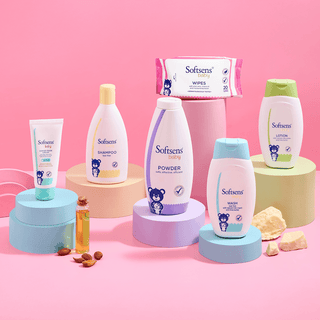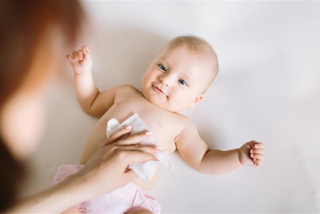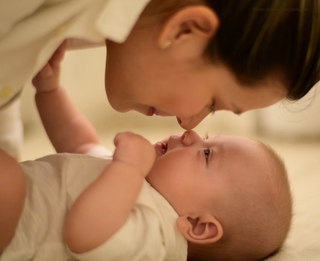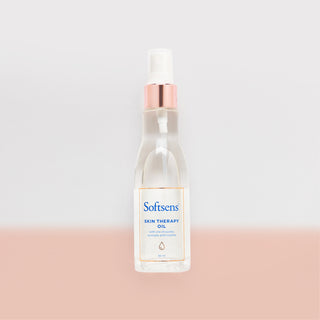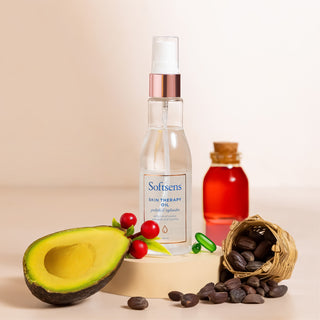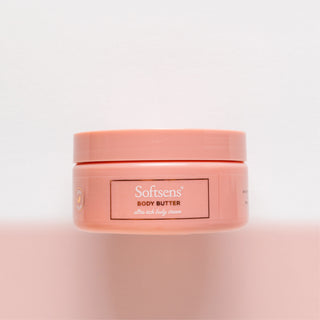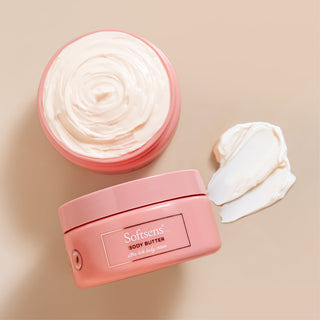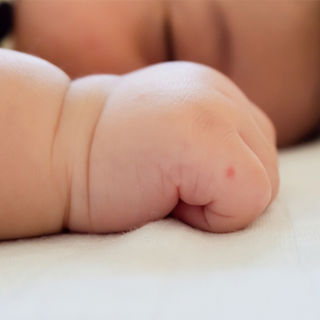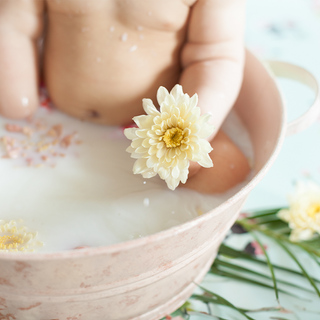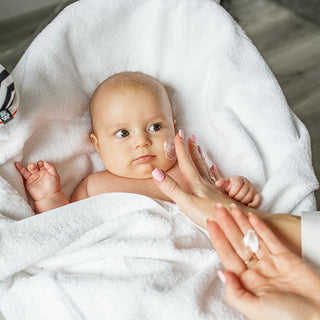
Your little one has finally arrived. And while he/she has now become the centre of your universe, it’s important to remember to take care of your own needs as well. Let’s take a look at some important tips that new moms can follow to care for their physical and mental health after giving birth.
1. Take adequate rest
You’ve already been told that you need plenty of rest. But you’re struggling to understand how that’s even possible, considering that you’re spending 90% of your time caring for your little newborn. Between feeding your baby every 3-4 hours and trying to focus on your own needs, being a new Mom can be exhausting. Which is why it’s even more important for you to try and get enough rest. Additionally, your body has been through a lot and it needs time to recuperate. For this to happen, you need to get enough rest and proper nutrition. Here are some of our best tips on how to get enough sleep, even as a new Mom
2. Make sure you’re getting the right nutrition
In the first few weeks as a new parent, food tends to be the last thing on your mind. But, getting the right nutrition at this time is extremely important. Whether you’re breastfeeding or not, you need to be eating right so that you can care for yourself and your little one. Here are some tips that might help:
- Before your baby arrives, make a meal chart or a list of healthy meals for the coming weeks so that you don’t have to worry about planning your meals once the baby is here.
- Don’t shy away from asking for help. If your family/friends over to send offer cooked meals, accept readily.
- Ensure that you’re eating a balanced diet with a healthy mix of fruits, vegetables, grains, proteins and low-fat dairy. Avoid junk food.
- If you’re breastfeeding, you should ideally eat an additional 300 calories per day. But this doesn’t mean you need to gorge on calorie-rich foods. Eat healthy meals at shorter intervals to balance it out.
- After giving birth, it can take some time for your bowel movements to go back to normal. In fact, it’s normal to be a little constipated at this time. Help your digestive system get back on track by eating fiber-rich foods such as fruits and vegetables.
- Keep yourself hydrated. Did you know that breastmilk is made up of 90% water? Drinking enough water can help enhance your supply of breastmilk.
- Continue taking your prenatal vitamins, with your doctor’s approval.
- There are certain foods you should completely avoid, especially if you’re breastfeeding. These include alcohol, caffeine, foods with high mercury content, spicy and oily food. Breastfeeding moms pass on nutrients to their baby through breastmilk. Gassy foods like cauliflower or Brussel sprouts have been known to worsen colic in babies. Learn more about colic and how to soothe newborn babies with colic here.
3. Give your body time to heal
After giving birth, your body needs time to heal. That’s why it’s important to consult with your doctor before starting any kind of post-pregnancy exercise routine. However, going for a short walk daily can not only help you stay active, but can also help you relax and de-stress. Once you get a go-ahead from your doctor, exercises like yoga and pilates can help strengthen your postnatal body.
4. Caring for yourself while breastfeeding
Breastfeeding too can come with its share of challenges. Here are some tips to help make breastfeeding a comfortable experience for you.
- If your baby isn’t latching properly, don’t get stressed out. Be patient and if it continues, seek the help of a lactation consultant.
- Breastfeeding can be painful and it is common to have cracked/sore nipples. Soothe your skin by using a cold compress or apply a lanolin-based cream in between feedings. If you experience severe discomfort, consult your doctor for further help.
- Sometimes a blockage of the milk ducts in your breast can cause clogged ducts, which can be painful. Use a warm compress and massage the area to help relieve pain.
- When your milk supply exceeds your baby’s demand for milk it could lead to breast engorgement where your breasts tend to feel hard, tight, swollen or overly full. Try and avoid this by feeding your baby frequently or using a breast pump to express some of your milk.
- It’s normal for your breasts to leak a little. Make sure you have nursing pads and wear light coloured clothing to prevent staining.Click here to learn more about newborn baby breastfeeding.
5. Stock up on those postpartum care essentials
You’ve been shopping for your baby, but have you prepared yourself with all the essentials that you’re going to need after your delivery? Make your own postpartum care kit with the following essentials:
- Menstrual pads or adult diapers for postpartum bleeding. Do NOT use tampons
- Ice packs or a warm compress, for aches and pains
- Loose, comfortable clothes
- Nursing pads for leakage
- A doctor-recommended stool softener to make bowel movements easier
- A Peri cleansing bottle to help safely clean and speed up healing of your perineal area
6. Don’t ignore your mental health
Postpartum depression is very common and affects a lot of new moms. If postpartum depression symptoms such as anxiety, sadness or loneliness last for more than 2-3 weeks, speak to your healthcare professional and seek help.
Don’t forget that you’re not in this alone. Seek the help of your partner, family and friends to help you on this new journey. And most importantly, relax and enjoy the ride.



